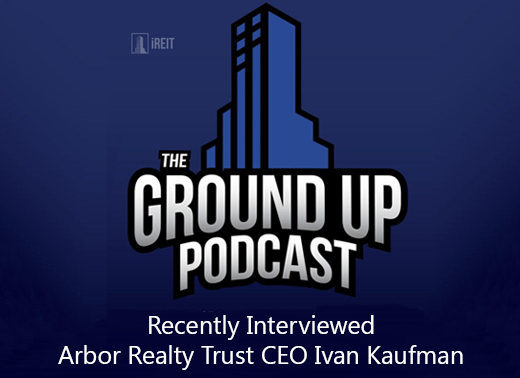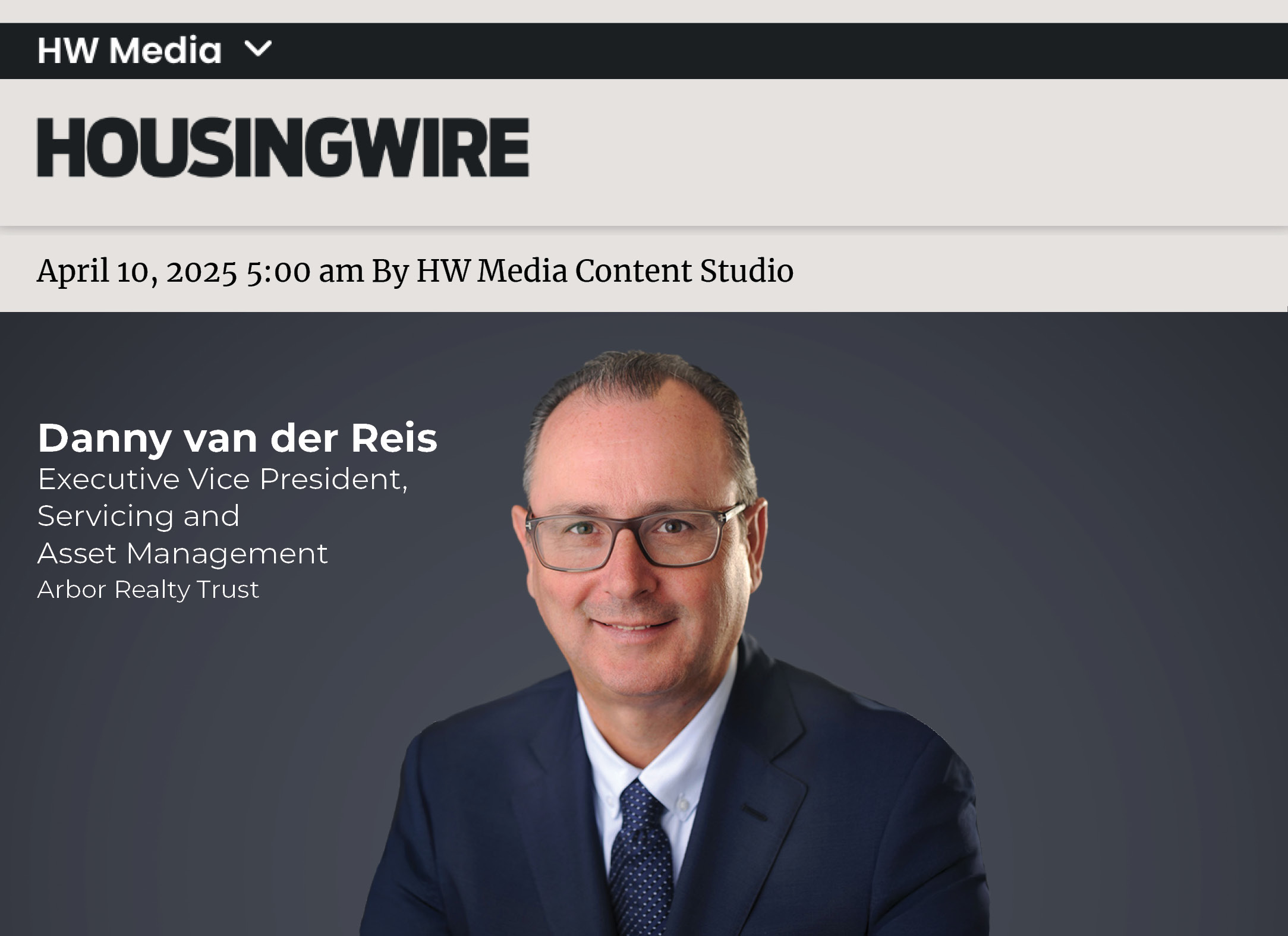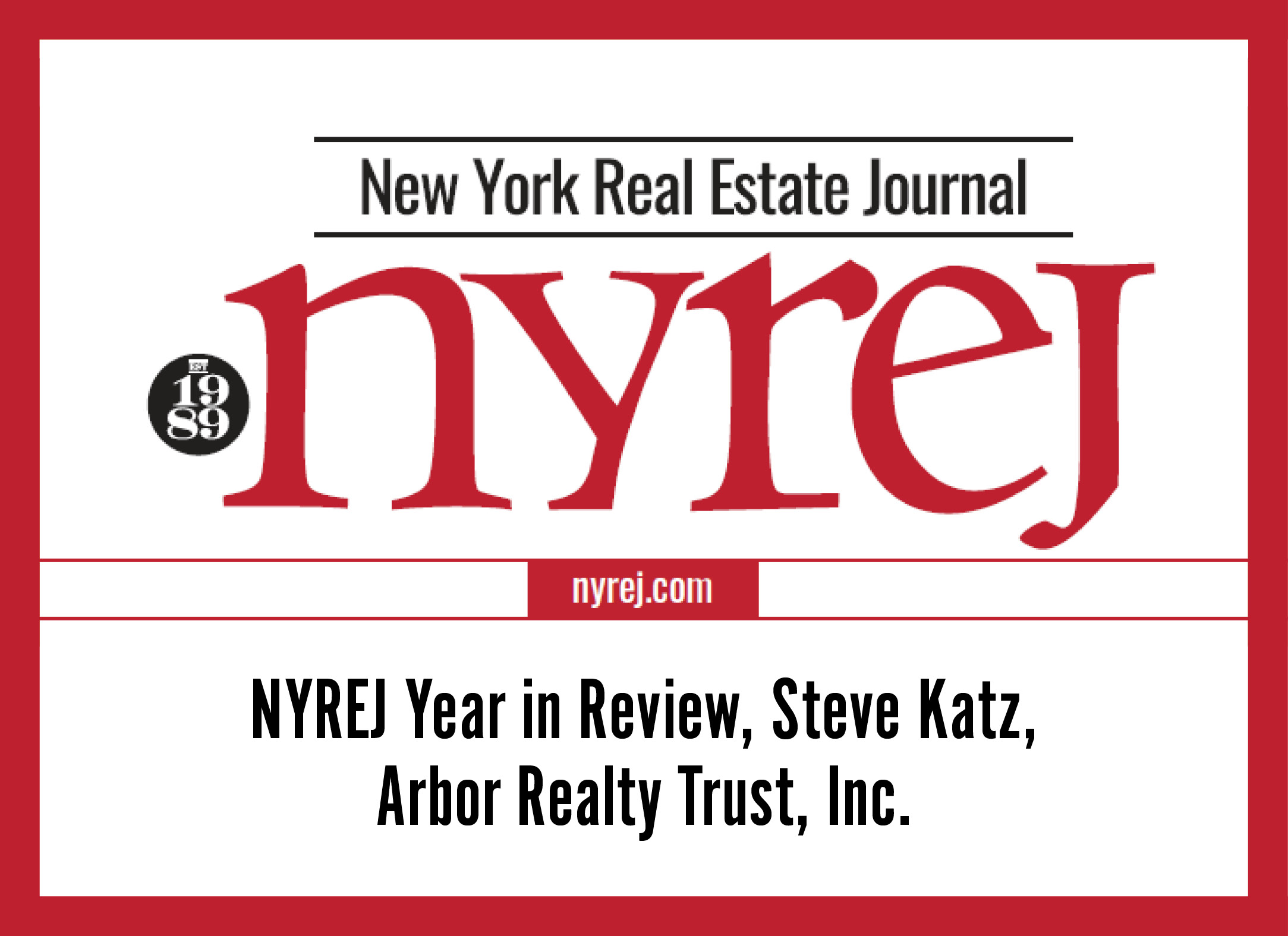Ivan Kaufman Discusses Arbor’s Record Performance in 2020 on The Ground Up Podcast
Arbor Realty Trust’s CEO reveals how the company achieved record originations and dividend growth despite the pandemic
While many companies experienced a dislocation in 2020, Arbor Realty Trust was able to achieve a record performance, setting itself apart from competitors, noted Ivan Kaufman, the founder, chairman and CEO of Arbor Realty Trust, Inc. (NYSE:ABR), in an interview on The Ground Up podcast with Brad Thomas.
In fact, 2020 marked one of Arbor’s best years as a public company, raising its dividend three times during the year and marking the ninth straight year of dividend growth for the company.
In the interview, Kaufman explains how Arbor was so well prepared for the pandemic.
“We had the proper liability structures and more significantly, we’re a very diversified mortgage REIT. Our income streams come from multiple sources,” Kaufman noted.
As a result, Arbor was able to take advantage of opportunities in the market, achieving record originations of $9.1 billion in 2020, a 20% increase over 2019.
Kaufman also attributed Arbor’s success to it sustainable business model and its focus on multifamily housing, one of the industry’s most resilient asset classes.
The multifamily industry is backed by the government-sponsored agencies, meaning “the market is very stable even through a dislocation,” Kaufman noted. As a leading lender for Fannie Mae, Freddie Mac and FHA multifamily loans, Arbor was able to take advantage of the opportunity to provide liquidity throughout the pandemic.
Arbor’s balance sheet is also supported by a significant servicing portfolio, which grew to nearly $25 billion in 2020.
The head of the publicly traded REIT noted that Arbor’s adequate capital and preparation going into the pandemic is now paying off.
“Combined with our dividend increases, we’re very optimistic about our opportunity to continue to grow and increase our dividend and increase shareholder value,” Kaufman said. He added that he’s confident Arbor will join the elite club of public companies with 10 straight years of dividend growth in 2021.
Watch the full interview here.






